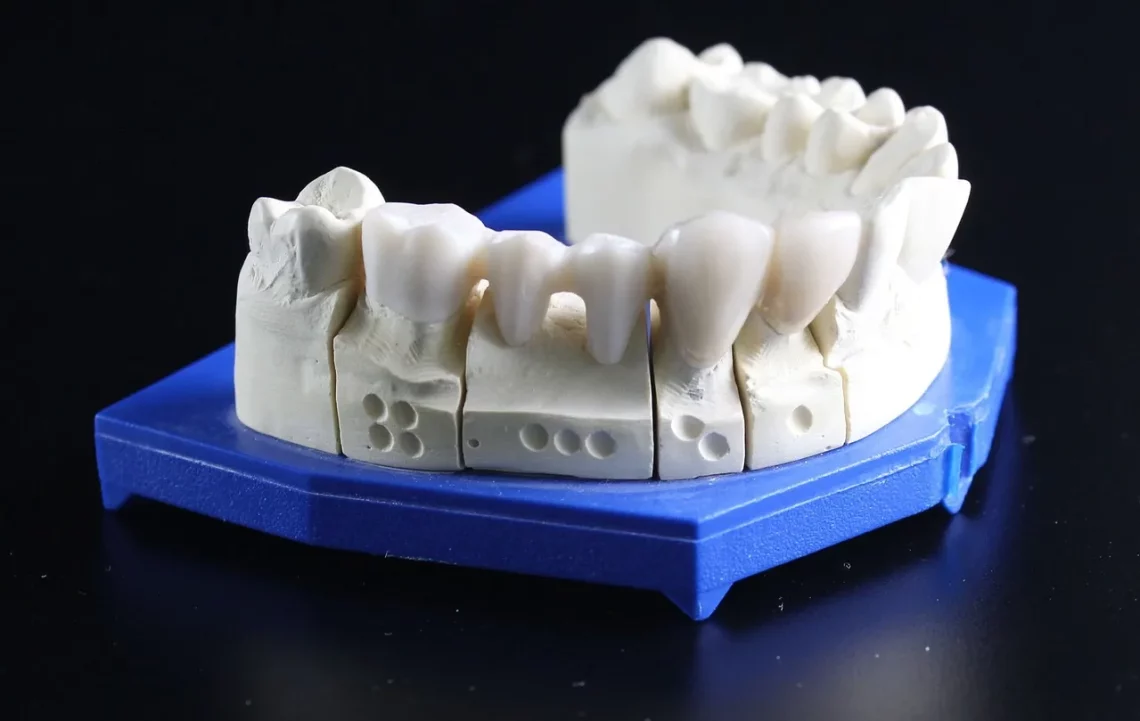
Understanding Teeth Chattering: Causes Beyond Cold Temperatures
Teeth chattering is a phenomenon that many people experience, often associated with cold temperatures. It can be a surprising and sometimes concerning occurrence, leaving individuals wondering what exactly causes this involuntary response. While the most common association is with chilly weather, there are numerous factors that can lead to teeth chattering that go beyond simply being cold. Understanding these causes can help individuals better manage their reactions and seek appropriate solutions if necessary.
Teeth chattering can occur in various situations, and it is essential to recognize that it is often a symptom of an underlying issue rather than a standalone problem. This involuntary movement can be triggered by a range of factors, including emotional stress, anxiety, or even certain medical conditions. The body’s response to these triggers can manifest in different ways, and teeth chattering is just one of the many physical reactions people may experience. By exploring the various causes of teeth chattering, individuals can gain insight into their own experiences and understand when to seek professional help.
As we delve deeper into this topic, it becomes clear that teeth chattering is more than just a response to cold weather. There are emotional, physiological, and even neurological aspects to consider that can contribute to this puzzling phenomenon. With a better understanding of these factors, individuals can take proactive steps to address the root causes of their teeth chattering and enhance their overall well-being.
Emotional Triggers: Anxiety and Stress
One of the primary causes of teeth chattering is emotional triggers, particularly anxiety and stress. When the body experiences heightened levels of stress, it activates the fight-or-flight response, which can lead to various physical manifestations. Teeth chattering can occur as a result of this response, as the body tries to cope with feelings of nervousness or fear.
Anxiety can create a sense of unease that affects the entire body. In moments of anxiety, the muscles may tense up, and this tension can extend to the jaw, leading to involuntary movements such as chattering teeth. Furthermore, people may not even be aware that they are stressed, making it crucial to recognize the signs of anxiety in oneself.
For some individuals, teeth chattering may be a coping mechanism during stressful situations. It can serve as a physical outlet for pent-up emotions, allowing the body to release some of the tension that has built up. Understanding the connection between anxiety and teeth chattering can empower individuals to seek healthier coping strategies. Techniques such as mindfulness, deep breathing exercises, or engaging in physical activity can help alleviate stress and reduce the likelihood of teeth chattering.
Moreover, it’s important to recognize that anxiety-related teeth chattering can be a sign of a more significant issue. If these episodes become frequent or are accompanied by other symptoms, it may be beneficial to consult a mental health professional. Therapy or counseling can provide valuable tools for managing anxiety and improving overall emotional well-being.
Physiological Factors: Temperature and Body Response
While cold temperatures are a well-known trigger for teeth chattering, it’s essential to understand the physiological processes that occur in the body during such instances. When exposed to cold, the body’s primary goal is to maintain its core temperature. As a result, the body may respond by shivering, which is an involuntary muscle contraction that generates heat.
Teeth chattering often occurs during shivering as the jaw muscles contract and relax rapidly. This reaction serves to generate warmth and help the body retain heat in colder environments. However, it’s not only the cold that can provoke this response; other factors, such as illness or fatigue, may lead to similar physiological reactions.
For instance, when someone has a fever, their body temperature rises as part of the immune response to fight off infection. In this state, teeth chattering can occur as the body attempts to regulate temperature and manage discomfort. Similarly, extreme fatigue can lead to muscle contractions, including those in the jaw, resulting in chattering.
Understanding these physiological factors can help individuals identify when their teeth chattering is a natural response to environmental conditions or other health issues. Monitoring the context in which the chattering occurs can be beneficial. If it happens exclusively in cold settings or during illness, it may not be a cause for concern. However, if it occurs frequently in other circumstances, it might be worth exploring further.
Neurological Conditions: An Overview
In some cases, teeth chattering can be attributed to underlying neurological conditions. Conditions such as Parkinson’s disease, multiple sclerosis, and other movement disorders may manifest in various physical symptoms, including involuntary muscle movements. Teeth chattering can be one such manifestation, indicating a more complex neurological issue.
In Parkinson’s disease, for example, individuals may experience tremors, stiffness, and difficulty with movement. These symptoms can extend to the jaw and result in chattering teeth. Similarly, multiple sclerosis can affect the nervous system in ways that lead to involuntary movements, including teeth chattering.
It’s crucial for individuals who experience frequent or unexplained teeth chattering to consider the possibility of an underlying neurological condition. If the chattering is persistent or accompanied by other neurological symptoms, such as tremors, weakness, or changes in coordination, seeking medical advice is essential. A healthcare professional can conduct a thorough evaluation and recommend appropriate tests to determine if there is an underlying condition that requires attention.
Understanding the neurological aspect of teeth chattering can help demystify the experience for many individuals. By recognizing that it can be a symptom of larger health issues, people can take proactive steps to address their health and seek the necessary support.
When to Seek Professional Help
Recognizing when to seek professional help regarding teeth chattering is vital for addressing potential underlying causes. While occasional chattering may not be a cause for concern, persistent or severe episodes warrant further evaluation. Individuals should consider seeking medical advice if they experience any of the following:
1. **Frequency and Duration**: If teeth chattering occurs frequently or lasts for extended periods, it may indicate an underlying issue that needs attention.
2. **Accompanying Symptoms**: The presence of other symptoms, such as tremors, weakness, changes in mood, or difficulty swallowing, should prompt a visit to a healthcare professional.
3. **Impact on Daily Life**: If teeth chattering interferes with daily activities, social interactions, or sleep, it’s essential to seek help to determine the underlying cause.
4. **Emotional Distress**: Individuals who find that anxiety or stress is leading to frequent teeth chattering may benefit from counseling or therapy to develop healthier coping strategies.
Taking these factors into account can help individuals make informed decisions regarding their health. Early intervention is often key to managing underlying conditions and improving overall quality of life.
In conclusion, understanding teeth chattering involves looking beyond the surface to explore various emotional, physiological, and neurological factors. This complex phenomenon can arise from numerous triggers, and recognizing these can empower individuals to take proactive steps in managing their well-being.
*Note: This article is for informational purposes only and does not constitute medical advice. Always consult a healthcare professional for any health-related concerns.*




